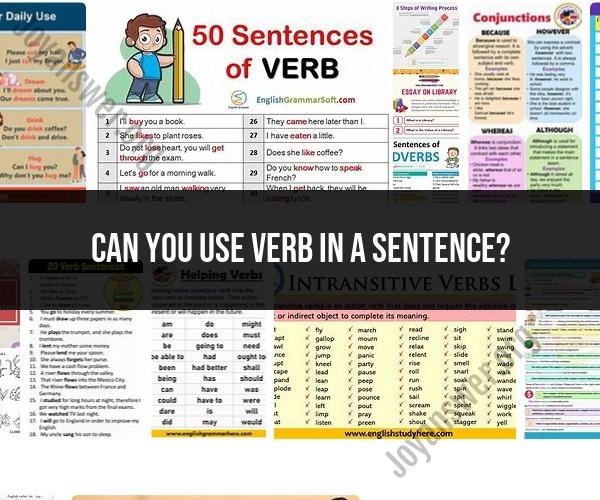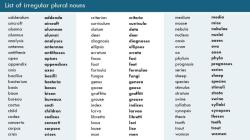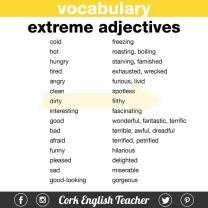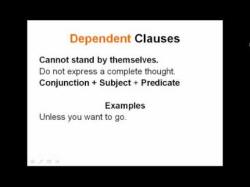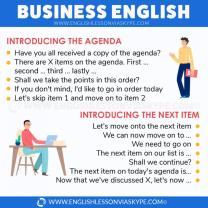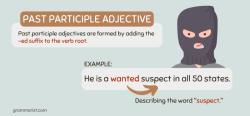Can you use verb in a sentence?
Certainly! Verbs are an essential part of sentences, and they convey actions, states, or conditions. Here are some examples of sentences using verbs:
Action Verbs:
- She ran a marathon last weekend.
- They eat dinner together every evening.
- I write poetry in my free time.
State Verbs (Stative Verbs):
- He knows a lot about art.
- The coffee tastes delicious.
- She feels happy today.
Modal Verbs:
- I can swim very well.
- You should study for the exam.
- They must finish the project on time.
Auxiliary Verbs (Helping Verbs):
- She is reading a book.
- We have traveled to many countries.
- They were playing soccer when it started raining.
Transitive and Intransitive Verbs:
- She bought a new car. (Transitive verb - takes a direct object)
- He slept soundly. (Intransitive verb - does not require a direct object)
Phrasal Verbs:
- They broke up after a long relationship.
- He turned down the job offer.
Irregular Verbs:
- She went to the store.
- He ate breakfast early.
Passive Voice:
- The book was read by millions of people.
- The cake was baked by my grandmother.
Progressive (Continuous) Tense:
- I am studying for my final exams.
- They were working on the project all night.
Subjunctive Mood:
- It's essential that he be here on time.
- I wish she were here with us.
Remember that the choice of verb and how it's used in a sentence depends on the context and the tense you want to convey. Verbs are the backbone of sentences and are essential for conveying meaning and action in language.
Verbs in Sentences: How Action Words Drive Language and Communication.
Verbs are the action words in a sentence. They tell us what is happening or what someone is doing. Verbs are the most important part of a sentence, because they provide the meaning.
Without verbs, sentences would be incomplete and meaningless. For example, the sentence "The cat is" is incomplete. We need a verb to tell us what the cat is doing. Is it sitting? Sleeping? Eating? Once we add a verb, the sentence becomes complete and meaningful: "The cat is sitting on the mat."
Verbs also drive language and communication. They allow us to express our thoughts and feelings in a clear and concise way. For example, if we want to ask someone to do something, we need to use a verb. Instead of saying "Do this," we can say "Please help me with this." This is a more polite and respectful way to ask for help.
Verbs are also used to tell stories and entertain people. For example, the sentence "The wizard cast a spell on the dragon" tells us the story of a wizard who cast a spell on a dragon. The verb "cast" tells us what the wizard did.
The Power of Verbs: Understanding Their Role in Sentence Structure.
Verbs play a vital role in sentence structure. They are the head of every predicate, which is the part of the sentence that tells us what the subject is doing.
For example, in the sentence "The cat is sitting on the mat," the predicate is "sitting on the mat." The verb "sitting" is the head of the predicate.
Verbs can also be used to create different types of sentences. For example, declarative sentences are used to make statements. Imperative sentences are used to give commands. Interrogative sentences are used to ask questions. Exclamatory sentences are used to express strong emotions.
Here are some examples of different types of sentences using verbs:
- Declarative sentence: The dog is barking.
- Imperative sentence: Sit down!
- Interrogative sentence: What is your name?
- Exclamatory sentence: I am so happy to see you!
Building Sentences: The Vital Role of Verbs in Effective Communication.
Verbs are essential for building effective sentences. When we use verbs correctly, we can communicate our thoughts and feelings in a clear and concise way.
Here are a few tips for building effective sentences using verbs:
- Choose the right verb for the sentence. Make sure that the verb accurately describes the action that is happening.
- Use strong verbs. Strong verbs are more descriptive and engaging than weak verbs. For example, instead of saying "The man walked down the street," you could say "The man strode down the street."
- Use verbs to create a sense of action and movement. For example, instead of saying "The meeting was productive," you could say "The meeting buzzed with activity."
- Use verbs to vary your sentence structure. This will make your writing more interesting and engaging.
By following these tips, you can use verbs to build effective sentences that communicate your thoughts and feelings in a clear and concise way.
